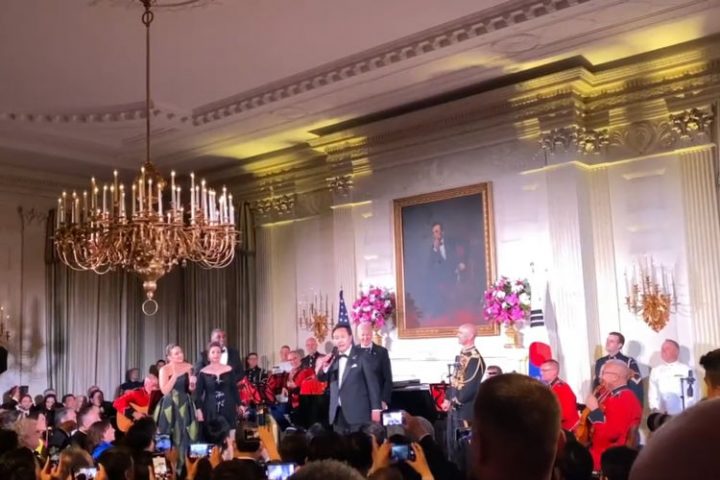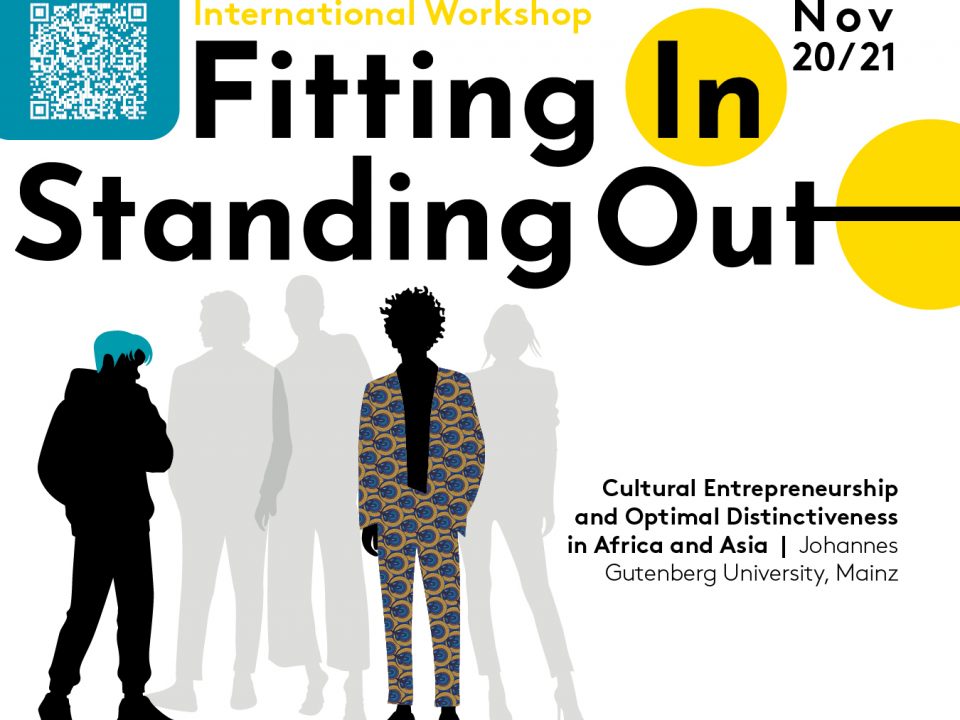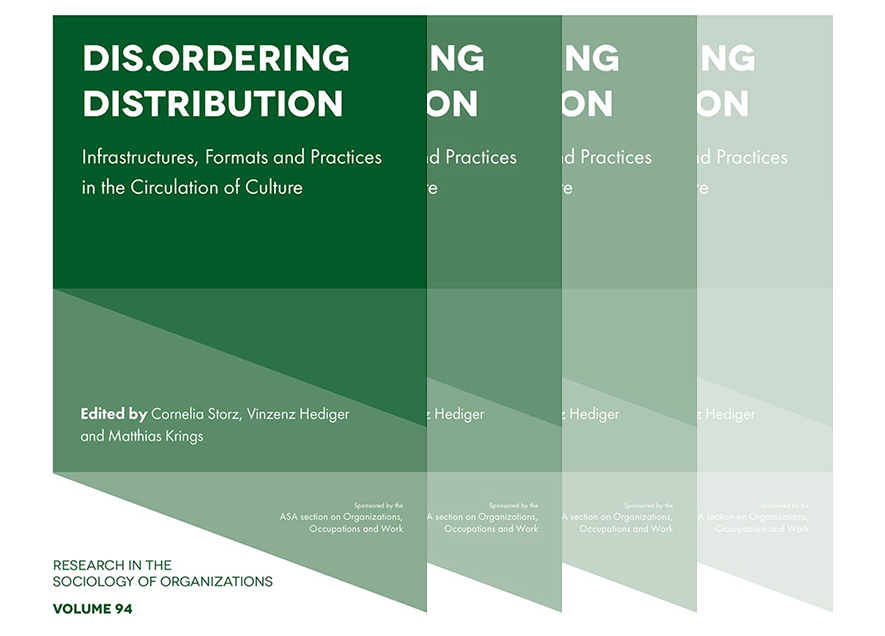South Korean President Performs Soft Power at State Dinner

A CEDITRAA blogpost by Tabitha Adler
Last week a short video clip from the White House state dinner to celebrate the 70-year long relationship between South Korea and the USA, went viral. It shows Korea’s president Yun Suk Yeol on stage, performing a verse from Don McLean’s “American Pie”, a popular American song from the 70ies. His performance is accompanied by cheers, applause, and excited laughter, while Broadway performer Jessica Voss motions to her arm to indicate that the performance causes her goosebumps. In the end Yun is rewarded with standing ovations, news reports about his karaoke session from all over the world and numerous positive comments on Twitter. One user notes that music has returned to the White House, another mentions that Yun should participate in the Korean version of American Idol, while a third exclaims “Oh, my heart!”
Music and popular culture in general have been a tool of South Korea’s soft power since the 90ies, however, it is new that the president himself is the one to provide the entertainment in form of karaoke. Noraebangs, which are karaoke bars in South Korea, are widely popular and karaoke culture has become popular in many Asian countries. Karaoke is a social event, where people come together to perform their favorite songs and enjoy themselves, which will usually cause positive emotions.
In addition, Yun performed a song which was, according to him, one of his favorite songs during his time in school. “A beautiful old song” as another Twitter user notes. Considering the popularity of the song, especially in the US, it creates nostalgia that comes with a sense of longing. This desire is not only directed at the past and memories but can be tied to places as well. With the celebration of a 70-year long relationship, Yun is not only longing for his youth, but the connection of the countries as well. How effective this combination of group activity and induced nostalgia is, can be seen in the strong emotional reaction of his audience.
His performance is in line with the rest of his state visit, where he not only promised a close partnership to the US, but also met with officials of Disney, Warner Bros. Discovery, NBC Universal, Sony Pictures, Paramount, and Netflix. Yun will further push South Korea’s soft power through the entertainment industry and if it is needed even with his own performance.
It is important to note though, that Yun’s support in South Korea continues to decrease, with only 30% supporting the current president. Regarding his trip to the US, many critique the president gained little to nothing economically and politically during his trip while giving the US several promises and agreements. Some fear even that he put Korea on the frontline of the tensions between China and the US.
The South Korean president was successful in positioning himself in a positive light and used known soft power branding tools not only for his country but for himself as a political actor as well. He made use of the sense of belonging during a group activity like karaoke, while simultaneously creating desire and a romanticized perception through modes of nostalgia. The positive reactions from both offline and online audiences, as well as the amount of news coverage are proof for his success. However, he cannot fully distract from political criticism and fails to garner further political support in South Korea. It is going to be interesting to see if he will continue to use similar tools for his own soft power in the future.
Photo Credits: @jeffmason1 (Jeff Mason) et al. “Unexpected moment at the state dinner when the president of South Korea sings “American Pie.”” Twitter, 27 Apr. 2023. https://twitter.com/jeffmason1/status/1651418886447693824


